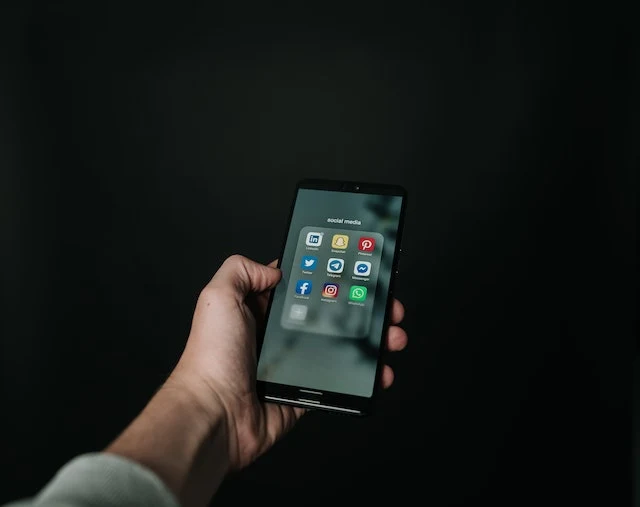Social media has become a important part of our daily lives, with millions of people using it to connect with friends, family, and the wider world. However, while social media can be a useful tool for communication and entertainment, it can also have a negative impact on our mental health, particularly when it comes to body image.
Body Image and Social Media
Body image refers to the way that a person perceives their physical appearance. Social media platforms are awash with images of seemingly perfect bodies, which can create unrealistic expectations and a sense of inadequacy in those who view them. Many social media influencers present a carefully curated image of their lives, often including photos that have been edited to present an idealized version of themselves.
This can lead to feelings of anxiety, depression, and a range of other mental health issues. Research has shown that people who spend more time on social media are more likely to experience body dissatisfaction and negative self-image.
The Pressure to Conform
Social media can also create pressure to conform to certain beauty standards. Young people in particular are vulnerable to this pressure, as they are still developing their sense of self and are more likely to compare themselves to others. Social media can exacerbate this by presenting a narrow range of body types and beauty standards, which can make those who don't conform feel like outsiders.
The constant pressure to look a certain way can lead to a range of negative behaviors, such as disordered eating, excessive exercise, and even substance abuse. In some cases, it can also lead to serious mental health conditions such as anxiety, depression, and body dysmorphia.
Tips for Maintaining a Positive Body Image on Social Media
While social media can be damaging to our mental health, there are ways to mitigate its negative effects. Here are some tips for maintaining a positive body image while using social media:
- Limit your social media use: Reducing the amount of time you spend on social media can help to reduce its impact on your mental health.
- Unfollow accounts that make you feel bad: If you find that certain accounts are triggering feelings of inadequacy or self-doubt, unfollow them.
- Follow accounts that promote body positivity: There are many accounts on social media that promote body positivity and diversity. Follow these accounts to help counteract the pressure to conform.
- Be mindful of how you use social media: When using social media, try to be mindful of how it is affecting your mental health. If you find that you are feeling anxious or down after using social media, take a break.
- Focus on your own journey: Remember that everyone's journey is different, and there is no one "right" way to look. Focus on your own health and well-being, rather than trying to conform to an idealized standard.
- Don't be afraid to seek help: If you are struggling with body image issues or mental health concerns, don't be afraid to seek help. There are many resources available, including therapists, support groups, and hotlines.
Positive Impact of Social media
- Empowerment and Self-Expression: Social media provides a platform for people to express themselves and share their stories, which can be empowering and validating. This can help to promote self-acceptance and reduce feelings of shame and stigma.
- Body Positivity: There is a growing movement of body positivity on social media, which promotes self-love and acceptance of all body types. This can help to challenge unrealistic beauty standards and promote a more diverse and inclusive view of beauty.
- Mental Health Awareness: Social media has been instrumental in promoting awareness and understanding of mental health issues. Many people use social media to share their own experiences with mental illness, which can help to reduce stigma and promote understanding.
- Support and Connection: Social media provides a platform for people to connect with others who share similar experiences and challenges. This can be particularly important for people who may not have access to support in their local communities.
- Education and Resources: Social media provides a wealth of information and resources on mental health and body image issues. Many organizations and individuals use social media to share information and resources, which can help to promote education and awareness.
Conclusion
Social media can have a significant impact on our mental health, particularly when it comes to body image. While it can be difficult to avoid the pressure to conform to certain beauty standards, there are steps that we can take to maintain a positive body image while using social media. By being mindful of how we use social media, following accounts that promote body positivity, and focusing on our own health and well-being, we can reduce the negative impact that social media can have on our mental health.


Post a Comment